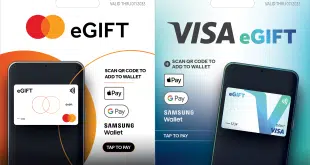The wild popularity of song downloads has not only helped make a case for micropayments processing, it has drawn wireless carriers into the market with the idea that consumers will pay significantly more than the standard online rate of 99 cents per track for the convenience of loading songs over the air directly into their phones. But a recent study indicates this thinking may be mistaken. Usable Products Co., which does usability design and research for the wireless industry, says 56% of survey respondents said they either had no interest in, or would not pay more, for music downloads to devices beyond an MP3 player. Nearly one-third said they'd pay 10% more, or up to $1.10, while 11% said they'd pay 20% more and just 2% indicated they'd be willing to pay 30% more. “Consumers will reject music services that charge more than $1.25 per music download to multiple devices, such as mobile phones and MP3 players,” said Scott Weiss, chief executive of Usable Products, in a statement. Wireless carriers are already charging prices well above that threshold for song downloads. The V Cast service from Verizon Wireless charges $1.99, while tracks from the Sprint Music Store run $2.50 each. Among other results from the survey, which canvassed 1,088 consumers and involved 12 focus groups, was the finding that three-quarters of respondents were interested in or very excited about buying event tickets from their mobile phones. Such transactions are among those contemplated by planners who are mapping out applications for payments on phones enabled with near-field communication (NFC) chips. NFC technology makes possible so-called wireless provisioning, or the download to phones of various forms of media and digital content, including coupons, credit cards, and tickets. Separately, a report released this week by researcher In-Stat projects worldwide sales of song downloads on the Internet will grow from $1.5 billion last year to $10.7 billion in 2010. A consumer survey included in a recent In-Stat report found that 53% of music purchasers bought from iTunes, documenting anecdotal evidence that the Apple Computer Corp. music store is the most popular site for online music.
Check Also
Consumers Plan to Use Tax Refunds To Pay Down Debt, ACI Finds
Paying down debt is one of the top ways consumers intend to spend their tax …





